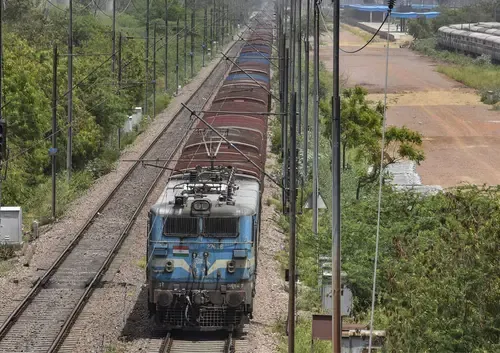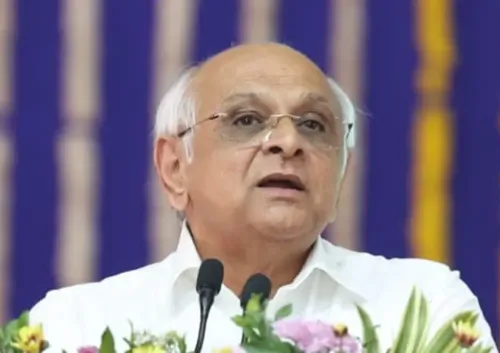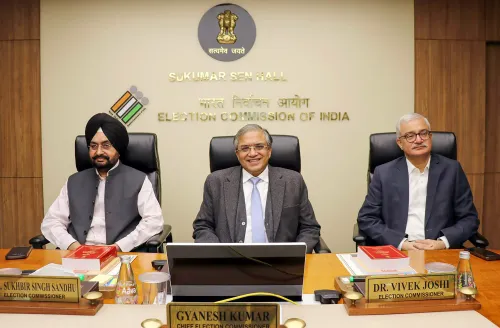Why has Indian Railways Suspended Night Operations in Jammu and Punjab?

Synopsis
Key Takeaways
- Indian Railways halts night operations in border areas.
- Decision made due to rising tensions with Pakistan.
- Daytime train services will continue to operate.
- Special services to be introduced to maintain connectivity.
- Heightened military readiness is in effect.
New Delhi, May 10 (NationPress) - In a precautionary measure driven by escalating tensions with Pakistan, Indian Railways has opted to suspend night train services in the border regions of Jammu and Punjab.
This decision impacts areas adjacent to the International Border and the Line of Control (LoC), which includes Amritsar, Bathinda, Firozpur, and Jammu.
According to official reports, trains previously scheduled for nighttime transit through these regions will now be adjusted to operate during daylight hours.
Moreover, some short-distance trains running in these sensitive areas will be suspended until further notice.
This action is in response to rising military operations along the border.
Officials have indicated that the Pakistan military has been deploying troops to forward positions, heightening the fears of escalating conflict. Consequently, the Indian armed forces are on high alert.
More than 15 train services are anticipated to be affected by these scheduling changes, according to Railways officials.
To alleviate passenger disruptions, Indian Railways will introduce special daytime services to ensure connectivity in these areas. Existing daytime train schedules will continue without interruption.
The decision to suspend nighttime operations follows reports of blackout orders in border regions to guard against potential threats to civilian infrastructure during the night. Intelligence reports indicate a significant risk of Pakistani drone operations and artillery strikes.
During a press briefing on India’s military readiness under 'Operation Sindoor', Wing Commander Vyomika Singh, alongside Foreign Secretary Vikram Misri and Colonel Sofiya Qureshi of the Indian Army, stated, “The Pakistan military has been seen repositioning its troops, suggesting an offensive strategy aimed at escalating tensions. The Indian armed forces maintain a high state of operational readiness, effectively addressing all hostile actions.”
Wing Commander Singh also recounted recent confrontations along the LoC, noting, “Pakistan has attempted numerous airspace violations with drones and has conducted heavy shelling targeting civilian zones using high-caliber artillery. This has led to casualties and infrastructure damage. Ongoing intense exchanges of artillery and small arms fire have been reported in areas such as Kupwara, Baramulla, Poonch, Rajouri, and Akhnoor.









